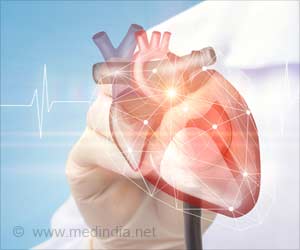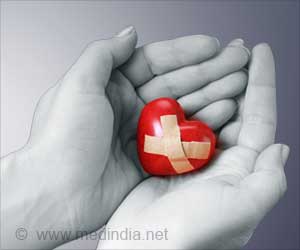- Heart issues during the holidays are often due to stress, and people being busy leaving them no time to visit the doctor
- People should be aware of symptoms of a heart attack, such as chest pain, pain that spreads to the shoulder, arm, back, or neck, or other locations, heavy sweating, and shortness of breath, among others
- Resort to techniques which help reduce stress and, limit intake of salt and alcohol
Increased Cardiac Events During the Holidays
The food is rich, exercise is temporarily delayed, and as Christmas and the New Year’s day approach, alcohol intake increases during the week to levels higher than your typical sober levels. Over time, scientific study has revealed an increase in cardiac events during the winter holiday season. More people die from heart attacks between December 25 and January 1 than at any other time of the year.He instructed, “It is important to reduce stress from family interactions, strained finances, hectic schedules and other stressors that tack on this time of the year, including travelling. While it’s fine to indulge a little bit, all that excess can affect your health. Overeating of oily, salty and fried food along with late night sleep and active or passive smoking during festivals can exacerbate multiple heart problems including unstable angina, heart attacks and heart to beat irregularly, and a condition known as atrial fibrillation (AFib) which can lead to heart attack or stroke.”
Dr. Panda advised looking for the following symptoms:
According to him, some people must be more cautious, particularly those with pre-existing conditions such as
High blood pressure:
Consult your doctor first to ensure your body’s electrolyte balance. Excess sugar and salt consumption can result in excessive blood sugar and blood pressure levels, which can contribute to heart attacks and strokes. Choose fruits and whole grains over high-calorie and processed foods.Diabetes and heart disease:
Aerated drinks and fruit juice contain a lot of sugar, which puts your heart at risk. To lessen the danger, replace sugar with artificial sweeteners.Stress:
Stress can be increased by disrupted sleep patterns. Even amid festivities, it is critical to get 7-8 hours of sleep and to go to bed early.Tips for a Healthy Heart
Dr. Panda also offered a few helpful hints for keeping your heart healthy amid the festivities:Be active:
Make time for physical activity even during the holidays.Stay hydrated:
Limiting your intake of processed juices and aerated drinks and drink plenty of water.Medications:
Take prescribed medications on schedule to avoid high blood pressure, diabetes, and heart problems.Do not overeat:
Consume salad before savouries to avoid overeating.Avoid stress:
Get enough sleep and stay away from loud noises.No smoking or drinking:
Avoid drinking and smoking because they can cause high blood pressure and diabetes.“Researchers have known about holiday heart syndrome since the late 1970s. Consumerism and the easy availability of rich, high-calorie foods and alcohol have only made things worse. ‘Everything in moderation’ is a good rule to follow. The holiday heart syndrome is completely preventable and in your hands. So, take care of your body and be disciplined,” Dr Panda concluded.
Source-Medindia
















